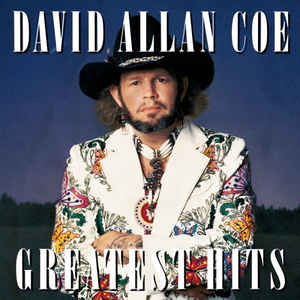The crystal ship is being filled
A thousand girls, a thousand thrills
A million ways to spend your time
The Doors' debut album (The Doors) was released the first week of 1967 – that's 42 years ago. If I were to really think about that, my whole day would be ruined.
One reason I always liked the Doors was because Jim Morrison had a relatively low voice, and so did I. When I was singing along with the radio, I couldn't reach the high notes in a lot of my favorite songs – but that was never a problem with a Doors song because Morrison and I had similar vocal ranges. (Speaking of my singing along with the radio . . . I remember one long drive when my father suddenly turned the car radio off. When I protested, he said "We can either listen to the radio, or listen to you.")
 |
| Jim Morrison |
Six months after the album was released, a more radio-friendly 2:52 version of "Light My Fire" was created, and became one of the most unforgettable hit singles of the AM radio era. It is #7 on VH1's "100 Greatest Songs of All Time"and was one of the few rock songs included in NPR's ranking of the 100 most important American musical works of the 20th century (which included, among other things, "West Side Story" and "Rhapsody in Blue"). When you come across The Godfather Part II on television, you have to watch it, and when you hear "Light My Fire" on the radio, you have to listen to it.
"Light My Fire" was #1 on the Billboard "Hot 100" for three weeks. Jose Feliciano's cover version reached #3 only a year later, and an astonishing variety of others have covered the song since then – including Patricia Barber, Nancy Sinatra, Shirley Bassey, Stevie Wonder, Al Green, B. J. Thomas, Type O Negative, and Massive Attack. (Massive Attack's version samples the "Light My Fire" recordings of Jackie Wilson and Young-Holt Unlimited.)
 |
| (I need a pair of leather pants just like those Jim Morrison wore) |
* * * * *
The B-side of "Light My Fire" was another song from The Doors – "The Crystal Ship." I didn't own the album until many years later, and I'm not sure when I first heard "The Crystal Ship." I must have heard the entire album played by friends during college, but I don't remember hearing "The Crystal Ship" until the early 1980's, when I was living in San Francisco and it was played regularly on a local classic rock station.
It's a classic Jim Morrison song – which can be good news and bad news. Morrison, who considered himself first and foremost a poet, was influenced by William Blake, Baudelaire and Rimbaud, Joseph Campbell, and the "Beat Generation" writers. (The name "The Doors" came from a line in the Blake poem, "The Marriage of Heaven and Hell: "If the doors of perception were cleansed, every thing would appear to man as it is: infinite.")
Morrison took himself just a tad too seriously, and he wrote a lot of crap. But his lyrics are like no one else's, and the Doors' best songs are unique and really get under your skin. If you're in the right mood – nostalgic, or longing for something that you can't quite get a grip on – a song like "The Crystal Ship" is just what the doctor ordered.
Some people interpret "The Crystal Ship" as a drug-trip song – of course, that's the default interpretation for any 60's or 70's song that you can't make sense of. (What is a "crystal ship" anyway? I have no clue, but it sounds awfully fragile.)
The other explanation you'll find is that the song is Morrison's good-bye to a former girlfriend. (I suppose it's a bummer when a rock star dumps you, but having him write a song or two about you before the breakup is pretty cool.)
 |
Click here to listen to the song.
Click here for a video that combines a pretty good live performance of the song with some very interesting photos of Morrison and the other Doors.
Click on the link below to buy the song from Amazon:









